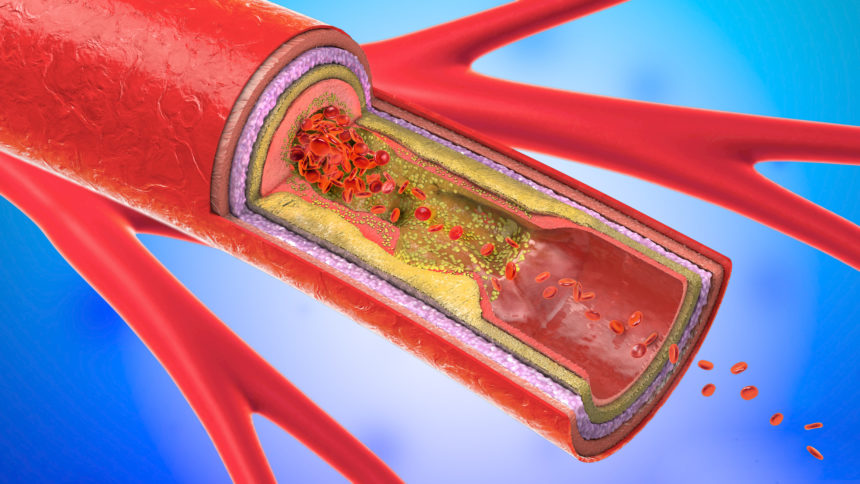
Specific proteins in the blood are better than others at predicting future dementia in healthy adults, a new study shows.
Samples came from more than 50,000 people in the UK Biobank, as was reported in Nature Aging on Monday. The team looked at data from 52,645 adults over the course of 14 years. Of them, 1,417 developed the diseases.
After looking at 1,463 proteins linked to dementia, the team ranked them to determine which were most likely to predict the disease. Specifically, there were four proteins consistently linked to all-cause dementia, Alzheimer’s disease or vascular dementia. The proteins were glial fibrillary acidic protein (GFAP), neurofilament light (NfL), growth differentiation factor-15 (GDF-15), and latent-transforming growth factor beta-binding protein 2 (LTBP2).
Cognitive tests did not improve the chances of diagnosing the diseases, the scientists reported.
The investigators examined the leading protein markers associated with incident dementia along with other factors such as age, education, sex, and family history. In terms of the 10-year risk, GFAP and other demographic characteristics predicted all-cause dementia and Alzheimer’s disease. Plasma GDF15 combined with demographic characteristics predicted 10-year incident vascular dementia as well. The researchers link GFAP may be “specific to dementia,” they wrote.
Notably, people with higher GFAP levels were 2.32 times more likely to develop dementia, the researchers said. GFAP and LTBP2 were two proteins that were highly indicative of dementia. GFAP and NfL levels start to change around 10 years before a dementia diagnosis; the proteins went up the most in people who later were diagnosed with all-cause dementia or Alzheimer’s.
Previously, doctors had to evaluate cerebrospinal fluid or imaging data to make a diagnosis of Alzheimer’s disease or a related dementia.
“The proteomic biomarkers are more [easy] to access and non-invasive, and they can substantially facilitate the application of large-scale population screening,” Jin-Tai Yu, MD, a researcher at Fudan University in Shanghai, China, told MedPage Today.
Recently, more research indicates that blood tests can be a useful tool to diagnose the diseases. The tests are less invasive, accurate and can provide a cost-savings once proven accurate enough to make a diagnosis.
“Based on this study, it does seem likely that blood tests will be developed that can predict risk for developing dementia over the next 10 years, although individuals at higher risk often have difficulty knowing how to respond,” Suzanne Schindler, MD, a researcher at Washington University in St. Louis, who was not involved in the research, told Fox News.





